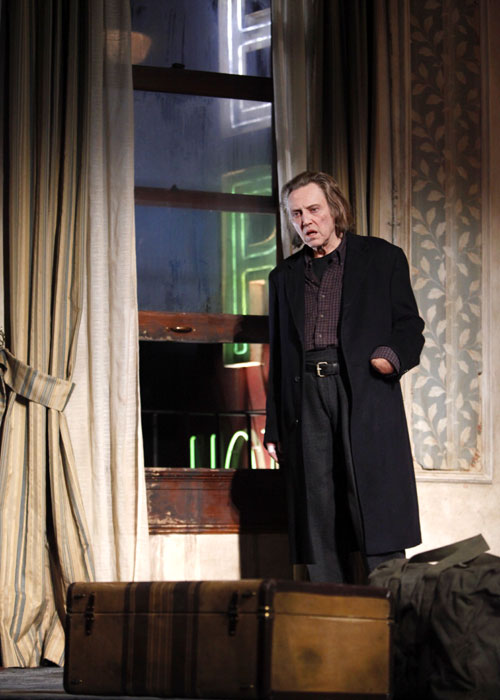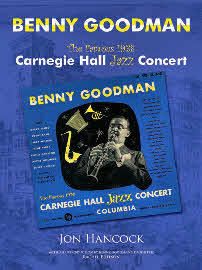A collection of first sentences from Nabokov’s short stories. Selection cribbed from Anthony Lane’s terrific New Yorker essay about the collected stories, with a couple additions:
“The Wood-Sprite” (Nabokov’s first published story, written while he was a student at Cambridge): “I was pensively penning the outline of the inkstand’s circular, quivering shadow.”
“Wingstroke”: “When the curved tip of one ski crosses the other, you tumble forward.”
“Gods”: “Here is what I see in your eyes right now: rainy night, narrow street, streetlamps gliding away into the distance.”
“Details of a Sunset”: “The last streetcar was disappearing in the mirrorlike murk of the street and, along the wire above it, a spark of Bengal light, crackling and quivering, sped into the distance like a blue star.”
“La Veneziana”: “In front of the red-hued castle, amid luxuriant elms, there was a vividly green grass court.”
“A Letter That Never Reached Russia”: “My charming, dear distant one, I presume you cannot have forgotten anything in the more than eight years of our separation, if you manage to remember even the gray-haired, azure liveried watchman who did not bother us in the least when we would meet, skipping school, on a frosty Petersburg morning, in the Suvurov museum, so dusty, so small, so similar to a glorified snuffbox.
“The Potato Elf”: “Actually his name was Frederick Dobson.”
“The Circle”: “In the second place, because he was possessed by a sudden mad hankering after Russia.”
“Tyrants Destroyed”: “The growth of his power and fame was matched, in my imagination, by the degree of the punishment I would have liked to inflict on him.”
“Ultima Thule”: “Do you remember the day you and I were lunching (partaking of nourishment) a couple of years before your death?”
“That In Aleppo Once”: “Dear V.–Among other things, this is to tell you that at last I am here, in the country whither so many sunsets have led.”
“Signs and Symbols”: “For the fourth time in as many years they were confronted with the problem of what birthday present to bring a young man who was incurably deranged in his mind.”
Through this “scattering of nutshells” (Lane’s phrase) you get a portrait of Nabokov as a writer. I was reminded of it by Maud’s similar collage of first sentences from nine Muriel Spark novels. Interesting to compare the two. For example, Nabokov’s color field: azure shading into quivering blue, vivid greens and a spot of red. The only colors in the Spark selection: “almost white” and the “clear crystal” you come to after the “murk & smog” — a fittingly chilly palette for a writer who writes as cleanly and sparely as Spark does.
Lane notes another quality of the Nabokov first sentences is their lack of preamble or introduction. The reader is almost always set down at some mid point of the narrative. Writes Lane: “Again and again, with polite indifference, the stories drop us in media res, and leave us to work out what on earth the res might be.”
Lane’s Nabokov essay can be read online (sub. required) or in his essay collection, Nobody’s Perfect.

 “Behanding” is the first of Mr. McDonagh’s plays to be written specifically for Broadway and the first set on this side of the Atlantic, though I confess to finding his America hard to tell from his Ireland, both being full of more or less demented blabbermouths. In “Behanding” we meet four, the looniest of whom is Mr. Carmichael (Christopher Walken), a homicidal maniac who has spent the past 47 years searching for his left hand, from which he was involuntarily separated by “six hillbilly bastards” who lived to regret their little prank. Now he’s gone to ground in a hotel managed by another fast-talking lunatic (Sam Rockwell) and is about to dispose of a couple of small-time crooks (Zoe Kazan and Anthony Mackie) who made the mistake of trying to sell him a phony hand.
“Behanding” is the first of Mr. McDonagh’s plays to be written specifically for Broadway and the first set on this side of the Atlantic, though I confess to finding his America hard to tell from his Ireland, both being full of more or less demented blabbermouths. In “Behanding” we meet four, the looniest of whom is Mr. Carmichael (Christopher Walken), a homicidal maniac who has spent the past 47 years searching for his left hand, from which he was involuntarily separated by “six hillbilly bastards” who lived to regret their little prank. Now he’s gone to ground in a hotel managed by another fast-talking lunatic (Sam Rockwell) and is about to dispose of a couple of small-time crooks (Zoe Kazan and Anthony Mackie) who made the mistake of trying to sell him a phony hand. I recently finished reading an excellent new
I recently finished reading an excellent new